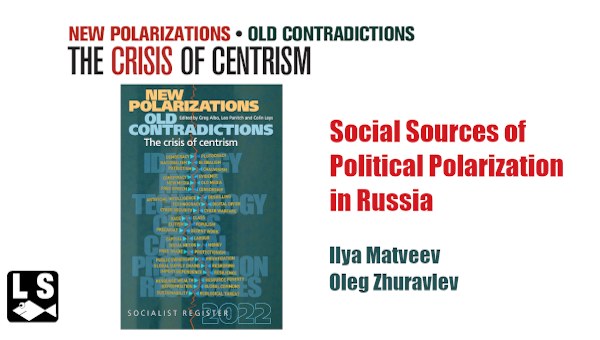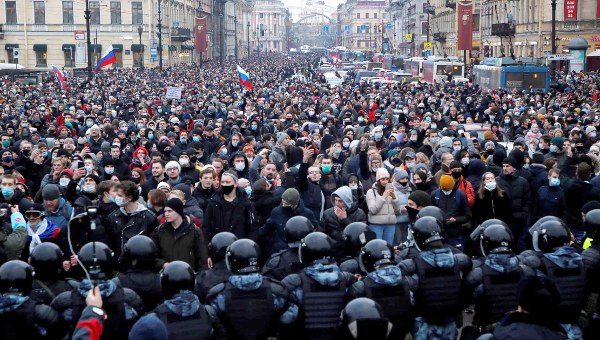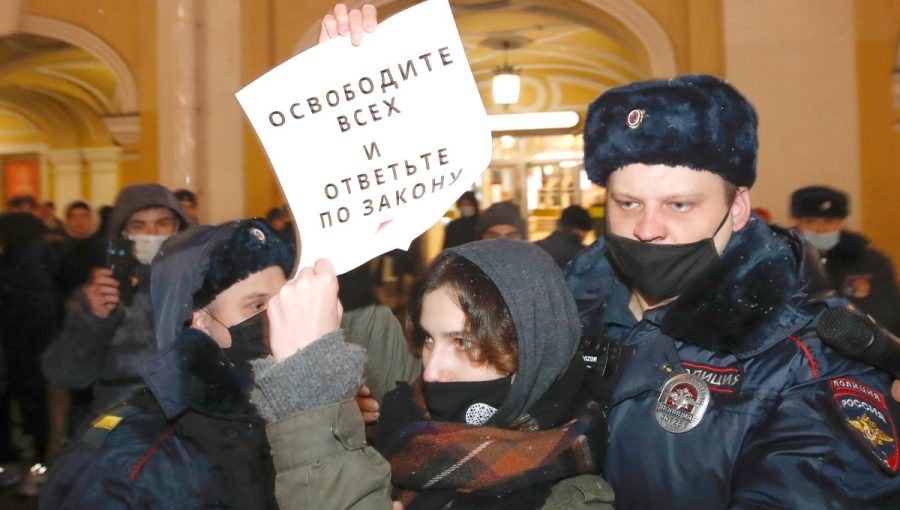Kagarlitsky: Don’t Include Me in Any Prisoner Exchange!
Recently, discussions have intensified about another possible prisoner exchange. Which Russian political prisoners are being considered for exchanging with whom is still unclear, yet the debate on who should and should not be included in swap lists is well under way.
I have stated several times, and I repeat now, that I do not wish to participate in such exchanges and ask not to be included in these lists. I see no purpose or benefit for myself in emigration. If I had wanted to leave the country, I would have done so myself. But I am not planning to leave my homeland, and if it means I must sit in prison to remain here, then I will sit in prison. After all, for a left-wing politician or a social scientist in Russia, imprisonment is a normal professional risk, one that must be accepted when choosing this path – just as it is for a firefighter or emergency worker. It’s simply part of the job, which I have done and will continue to try to do conscientiously.
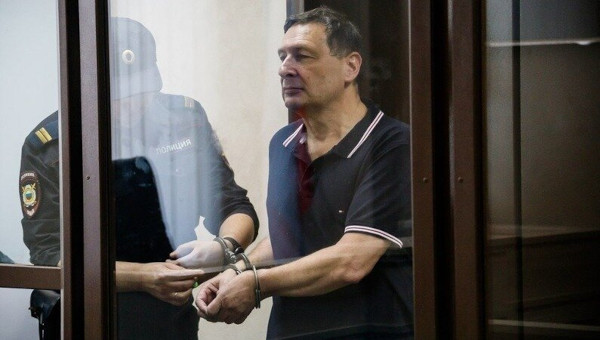
From ancient times, exile from the state has been one form of political repression against citizens unwanted by the authorities, and if we are fighting for freedom, such repression – though softer in form – should also be condemned by us. Political prisoners deserve unconditional release. For all. And to stay here, at home.
It is said that some participants in previous exchanges were removed from Russia against their will. I don’t know the truth of this, but I want to state this in advance: if anything like this is attempted with me, I will consider it as kidnapping and will sue any foreign government as an accomplice to the crime if they try to accept me against my will.
I am grateful to my family for their support and understanding and also to the many people who write to me, approving this choice of mine. But this isn’t just about me. There are broader issues that need to be discussed.
There is a risk of replacing the struggle for the full release of all political prisoners (which would not only be a humane act but a step toward changing the moral climate in the country) with the compiling of exchange lists aimed at freeing a few dozen more or less well-known people, while hundreds and even thousands of other prisoners of conscience remain behind bars. Moreover, the compilers of these lists assume the responsibility of deciding who will be released and who will remain imprisoned. This is unjust and undemocratic, contradicting the very principles for which we make sacrifices. The only just demand is the release of all participants in non-violent political protest, all those arrested for exercising their constitutional right to criticise government decisions.
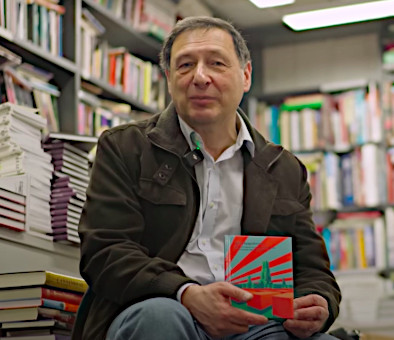
There’s also another important point that shouldn’t be forgotten. Political prisoners exist not only in Russia. Everything happening to us has global implications. If dictators worldwide learn that political prisoners are a profitable resource that can be successfully exchanged or sold, they will do everything to increase their exchange fund. They will imprison even more. Meanwhile, the task is to make it unprofitable for states to have political prisoners, to make repression too costly a pleasure for the ruling circles. This was the situation in the late 20th century when processes of democratisation unfolded not only in the countries of the former Soviet bloc but also in other parts of the world. We know that this democratisation was extremely superficial and didn’t challenge the dominant position of the elites. But even so, it was a step forward. Now we are witnessing processes everywhere moving in the opposite direction. This is why it’s fundamentally important now to fight not for individual well-known political prisoners, but for an end to political repression as such.
Of course, there are different situations, and in some cases, exchange is the only available way to save a person. The conditions of detention for political prisoners vary. I am fully aware that my situation is far from the worst by general standards. For this reason, I do not try to make decisions for others or to impose my personal opinion as a universal principle. However, I would, first, recommend that political prisoners who have the physical and moral strength to continue the struggle refuse to participate in exchanges, and second, I ask the organisers of exchanges and the compilers of lists to include only those prisoners who are known to consent to freedom at the cost of expulsion from the country.
In conclusion, I’ll say: whatever choice we make, we must never forget that our goal is freedom and rights for everyone. Not only for those behind bars but also for those facing any other forms of oppression in Russia and around the world. •
For more information, see freeboris.info


